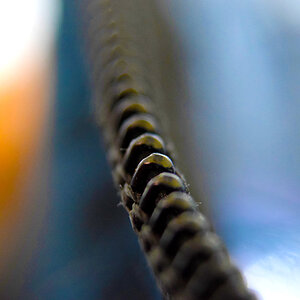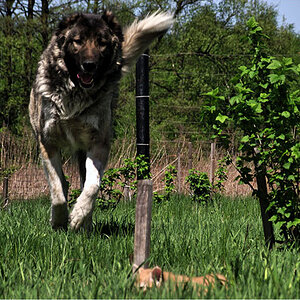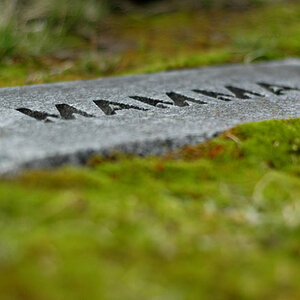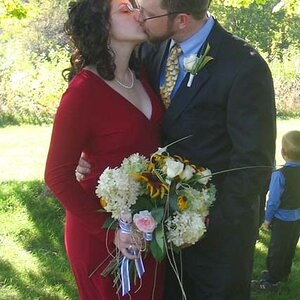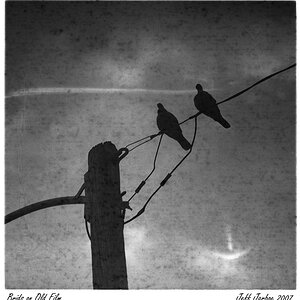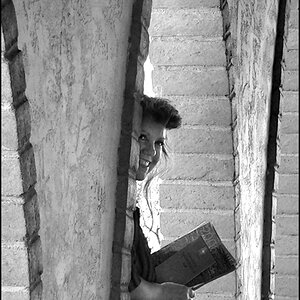Xyttik
TPF Noob!
- Joined
- Dec 5, 2011
- Messages
- 8
- Reaction score
- 0
- Location
- Christchurch, New Zealand
- Can others edit my Photos
- Photos NOT OK to edit
In some of the photography books I've read, they talk about how metering gives the best exposure, but never properly explain how to do it.
Is metering the technique that should be used when trying to take pictures of images with bright backgrounds?
Are there other helpful uses for it?
Can someone please de-mystify it for me? =)
Is metering the technique that should be used when trying to take pictures of images with bright backgrounds?
Are there other helpful uses for it?
Can someone please de-mystify it for me? =)


